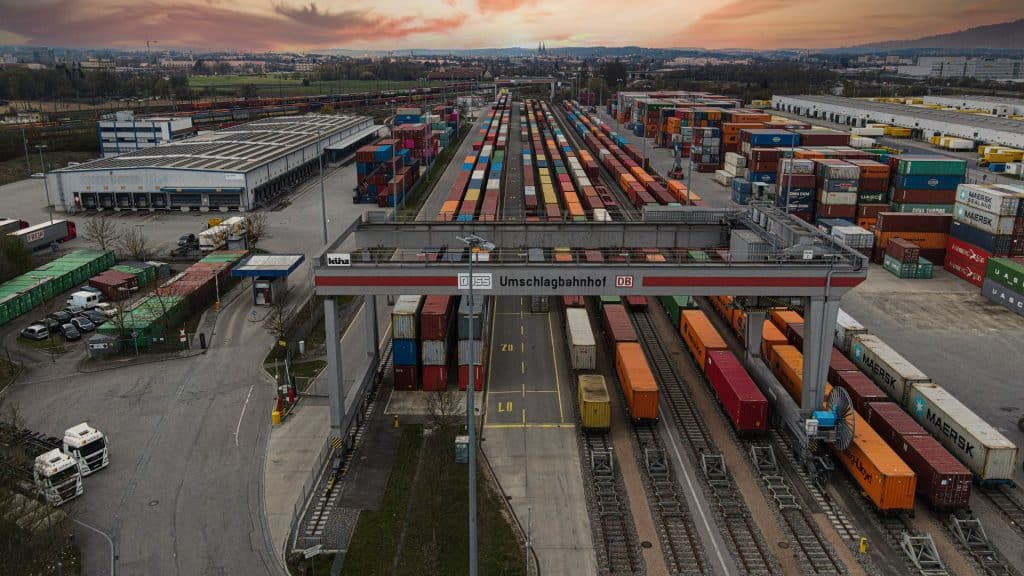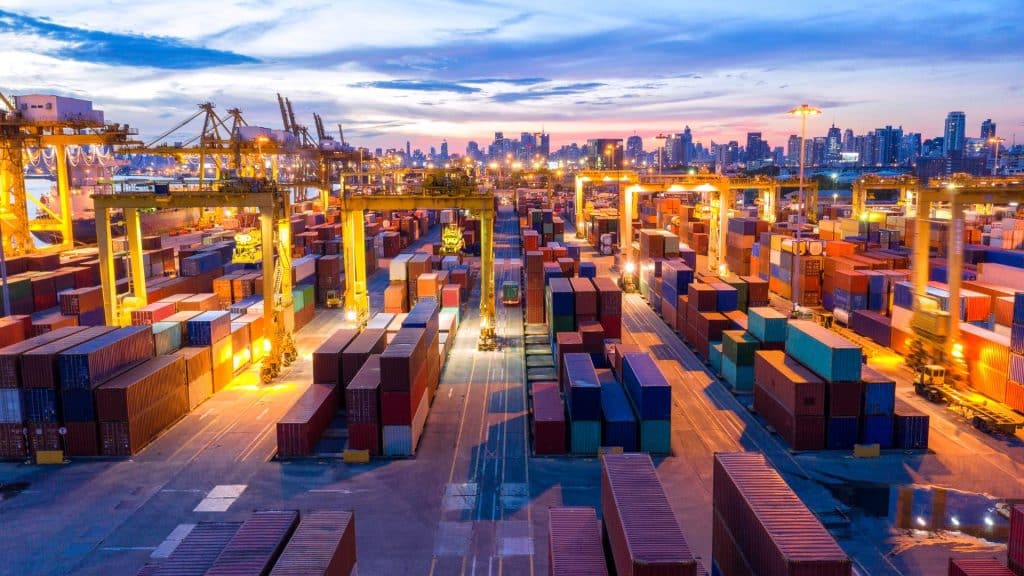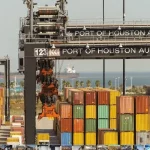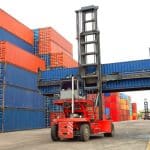PORT OF MONTREAL GETS FEDERAL FUNDING FOR NEW CONTAINER TERMINAL
The Government of Canada has announced a significant investment of up to CAD $150 million (US $110 million) to construct a new container terminal at the Port of Montreal in Contrecoeur, Québec. This investment, provided under the National Trade Corridors Fund, aims to enhance the efficiency and reliability of the transportation system and strengthen Canada’s supply chains. The new container terminal, to be built for the Montréal Port Authority, will increase the Port of Montréal’s container capacity by up to 1.15 million TEUs per year. The construction plans include a 675-meter-long dock with two berths, a rail network connecting to the existing Canadian National Railway (CN) tracks, road access, a container handling yard, and operations and administrative buildings.

PLANNED BRIDGE RAISING OPENS DOOR TO UPGRADE OF NORTH CHARLESTON TERMINAL The state of South Carolina will launch a project to raise the Charleston area’s major bridge, a 10-year effort that will allow the North Charleston Terminal to handle vessels up to 20,000 TEUs by attracting cargo volumes moving through the Suez Canal. The terminal, now limited to working vessels under 8,000 TEUs, will also increase its capacity from 500,000 TEUs to 2.4 million TEUs once the Don Holt Bridge, which crosses the Cooper River, is raised from its current 160-foot clearance.
LABOR PEACE DRIVES WEST COAST REBOUND IN MARKET SHARE OF ASIAN IMPORTS After plunging to an eight-month low in July, the West Coast’s share of US imports from Asia nudged slightly higher in September after increasing strongly in August, an upward trend that is expected to continue into the new year now that labor uncertainties have been put to rest.
NORFOLK CONTINUES TO DRIVE WAREHOUSING BOOM IN SOUTHEAST US
The Port of Virginia has driven more than 4 million square feet of new industrial warehousing in the Norfolk area this year — more than 10 times higher than just before the pandemic — with developers attracted by the port’s modernization projects, double-stack railroad that can deliver goods swiftly to inland markets and the ability to efficiently handle rising cargo volumes. Pre-pandemic, the average annual delivery in the region’s industrial market hovered around 400,000 square feet of built-to-suit warehouses.

SAVANNAH SEEKS NEW DREDGING PROJECT TO ATTRACT LARGER SHIPS, INDIA CARGO. The Georgia Ports Authority (GPA) wants to deepen the Savannah River shipping channel to accommodate larger ships carrying the growing volumes of cargo from India formerly sourced from China. Deepening the channel to between 50 to 52 feet from the current 47 feet would allow the Port of Savannah to handle container ships as large as 22,000 TEUs; its current limit is 16,000 TEUs.




